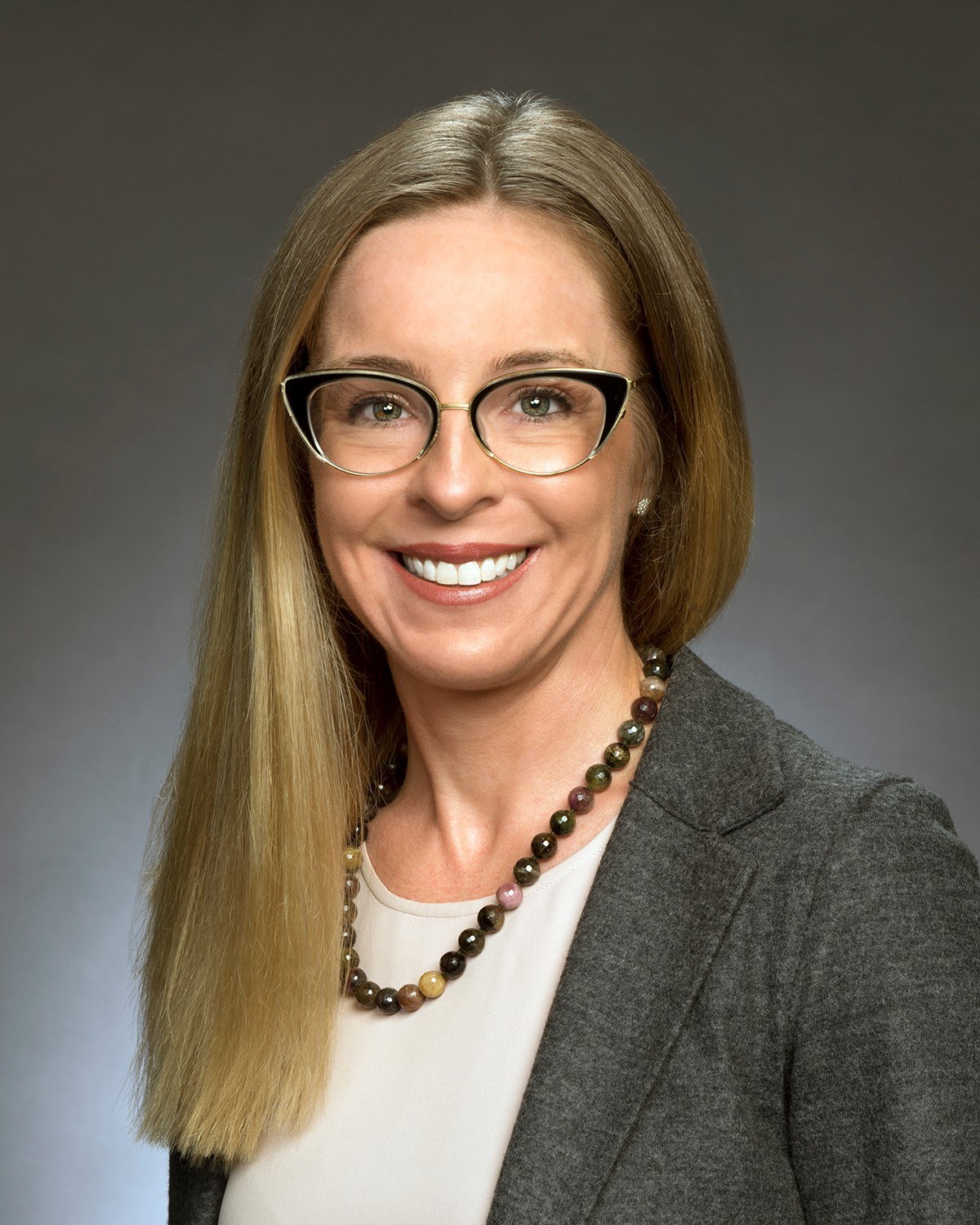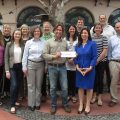Alyssa Dausman, Ph.D. has more than 20 years of experience working in hydrology, research plan development, and restoration project science and monitoring. Dr. Dausman previously served as the Science Director for the Gulf Coast Ecosystem Restoration Council, an independent federal agency created by the RESTORE Act in 2012. Dr. Dausman focused on Gulf restoration and science for the council, comprised of the governors of the five Gulf states and cabinet-level officials from six federal agencies.
At the council, Dr. Dausman led the consensus-based development of the Initial Funded Priorities List – a $156 million suite of projects containing on-the-ground restoration activities. Dr. Dausman also served as the senior scientist in drafting the council’s 2016 Comprehensive Plan.
Born and raised in Mississippi, Dr. Dausman has always been passionate about the Gulf, coastal restoration, and water resources. She began her career as a hydrologist with the U.S. Geological Survey in Florida in 2000 after completing her B.S. at Tulane University and her M.S. at the University of New Orleans. She received her Ph.D. from Florida International University in 2008 while working with the USGS. During her years in Florida she focused on numerical modeling of saltwater intrusion and model independent parameter estimation and uncertainty analysis. This work led her to teach all over the world, including India, Portugal, and Mexico. In 2011, she moved back to the northern Gulf to work on coastal restoration. She was staffed to the Gulf Coast Ecosystem Restoration Task Force and was a senior representative to the U.S. Department of the Interior to support both the RESTORE Council and restoration monitoring for the Natural Resource Damage Assessment process. In addition to serving as the Institute’s Vice President for Science, Dr. Dausman will serve as the Chief Scientist of the RESTORE Act Center of Excellence for Louisiana.

Alyssa Dausman
Senior Vice President & Chief Scientist
Projects
- National Center for Ecological Analysis and Synthesis (NCEAS) and Science for Nature and People Partnership (SNAPP) – Coastal Restoration Working Group
- RESTORE Act Center of Excellence for Louisiana
- Long-term strategic water sustainability plan
- Institute researchers author five journal articles in special issue of Shore and Beach journal “Deepwater Horizon 10 years later”
- Louisiana Adaptive Management Status and Improvement Report: Vision and Recommendations
- Louisiana Barrier Island System Management (BISM): Structured Decision-Making
- System-Wide Assessment and Monitoring Program (SWAMP)
Reports
- Monitoring Plans for Louisiana's System-Wide Assessment and Monitoring Program (SWAMP) Version IV
- Louisiana Adaptive Management Status and Improvement Report: Vision and Recommendations
- Framework for a Long-term Strategic Plan for the Capital Area Groundwater Conservation Commission
- Numerical Modeling of the Louisiana, Mississippi, and Alabama Coastal System (LMACS)
Publications
- Louisiana Adaptive Management Status and Improvement Report: Vision and Recommendations
- Investing in Natural and Nature-Based Infrastructure: Building Better Along Our Coasts
- Voluntary Restoration: Mitigation's Silent Partner in the Quest to Reverse Coastal Wetland Loss in the USA
- Rethinking the River
- Social Factors Key to Landscape-Scale Coastal Restoration: Lessons Learned from Three U.S. Case Studies
- Monitoring plans for Louisiana’s system-wide assessment and monitoring program (SWAMP). Version IV
- A short history of funding and accomplishments post-Deepwater Horizon
- Gulf-wide data synthesis for restoration planning: Utility and limitations
- Strategies to implement adaptive management practices for restoration in coastal Louisiana
See All Work
